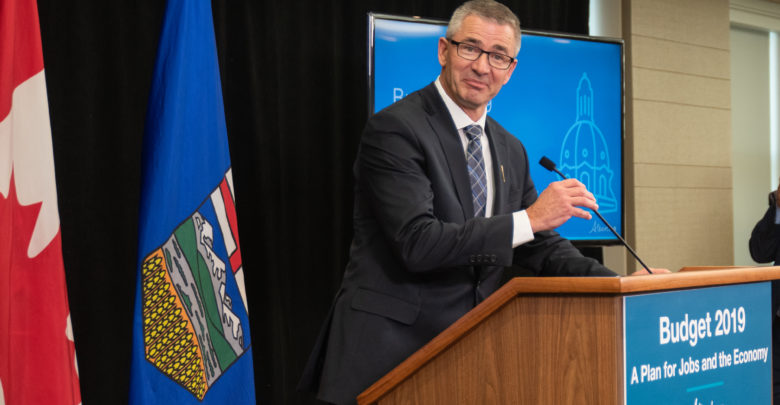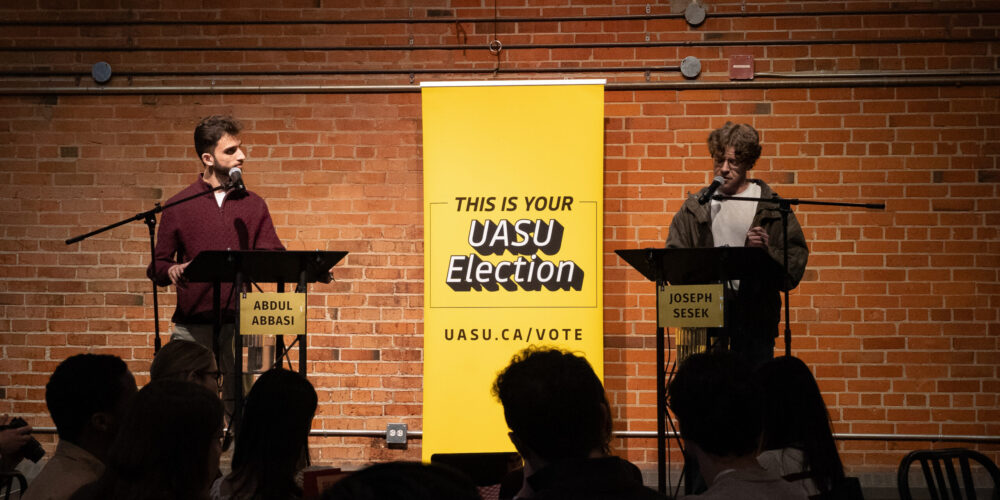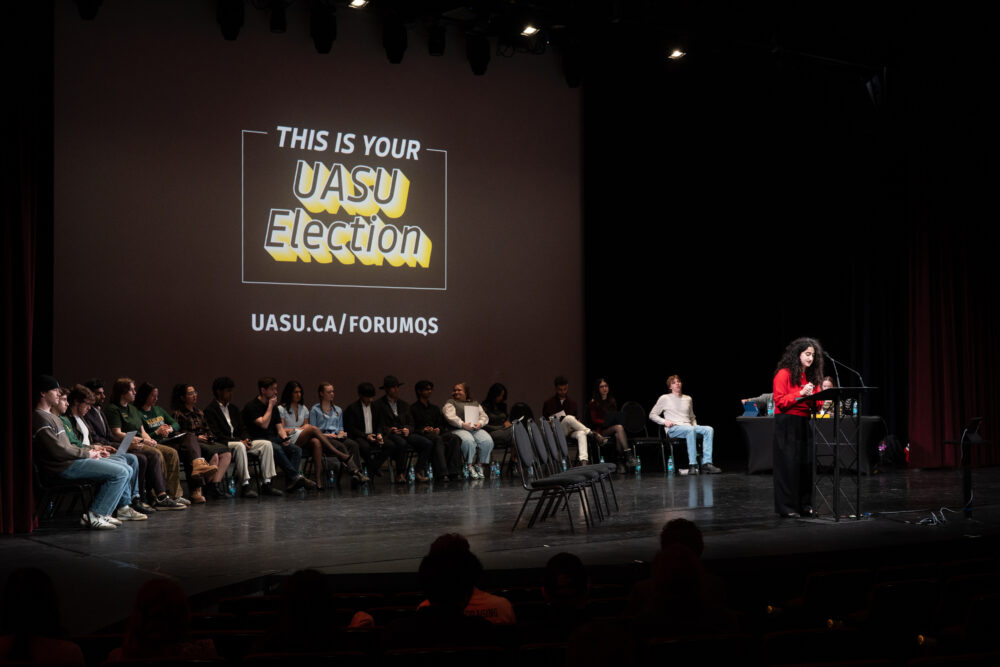Eight ways the 2019 provincial budget will affect students outside post-secondary
The 2019 provincial budget may affect students in some of these other fields
 Tina Tai
Tina TaiThe 2019 provincial budget, released on October 24, revealed multiple cuts to advanced education.
Though these changes may have large impacts on students, there are also other cuts and changes that may affect different communities of students.
The Gateway has highlighted eight changes relevant to students.
1. Mental health and addiction funding will increase
The provincial government has designated $100 million out of a $201 million budget for healthcare spending towards a combined mental health and addiction strategy. The funding will be allocated into two areas. Program support, focused on increasing workforce and support services, will increase to $3.4 million. The addiction and mental health area focused specifically on opioid response strategies, support for addiction, and mental services will increase to $9.3 million.
2. It’ll cost to smoke
Amongst various tax changes, the province will be increasing the tobacco tax to $5 per carton. This change already came into effect on October 25, 2019. The tax increase aims to lower provincial tobacco use.
Additionally, tax will also be increased on other tobacco products: the loose tobacco tax will increase from 3.75 cents to 41.25 cents, and tax on cigars will see an increase from 129 to 142 per cent of the taxable price. Alongside helping Albertans quit smoking, the government also predicts $45 to $55 million in additional revenue per year.
The government also plans to increase the taxes of vape products in the 2020 budget after a legislation review in hopes to reduce youth use.
3. Airbnb’s may no longer be the cheaper option
Citing an increase in short-term rental companies such as Airbnb, the province is planning to increase the tax applied to these accommodations. Currently, short-term rentals are exempt from a four per cent tourism levy applied to temporary accommodation rental, which the province claims gives them an edge over traditional accommodations such as hotels. The province will release what these taxes will look like in budget 2020.
4. Student families can receive more benefits with new tax credits
Aimed to support families most in need, the province created the Alberta Child and Family Benefit (ACFB). This program stems from it’s pre-cursors, the Alberta Family Employment Tax Credit (AFETC) and the Alberta Child Benefit (ACB) programs. The program includes a base component dependent on the number of children in the family, and a working component which will begin once a family’s income exceeds $2,760.
At its maximum, a family of four or more children can receive a base component of $3,325 and a working component of $1,795. According to the province, this component will encourage families to enter the workforce because “as families work more, they will receive more benefits.” Once family net income exceeds $41,000, they will begin to be phased out of the base component, and will subsequently be phased out of the working component when they exceed $61,000 of income.
5. Decreased funding to Indigenous communities, but forming new coalitions
Indigenous relations’ budget will be decreased from $213 million to $190 million. According to the province, this decrease will be re-attributed through new coalitions such as the Alberta Indigenous Opportunities Corporation (AIOC) which will focus on Indigenous co-ownership of oil and gas projects. The Indigenous Litigation Fund will also be created which the province claims will give Indigenous communities a voice when their “economic development rights…. are threatened.”
6. Trips to the museums will cost more
The funding for the ministry dedicated to supporting the non-profit and voluntary sectors, as well as art and culture will decrease from $236 to $218 million. This decrease in budget will include increases to the Royal Alberta and Royal Tyrell admission prices in 2020-21, with an adult one-day pass increasing from $19 to $21 and Family one-day passes costing $48 to $50. Special exhibits will also have an extra fee of $15.
7. Car registration fees are increasing
Similar to the increase in museum admission fees, the cost of renewing driver registrations will increase from $75 to $80. This is another small change Finance Minister Travis Toews said must be done for cost-recovery.
8. Carbon tax is gone
A key aspect of the 2019 budget, the provincial government has chosen to scrap the carbon tax started by the previous New Democratic Party (NDP) government. By eliminating this tax, the province claims it will save the average Albertan household $665 per year.




